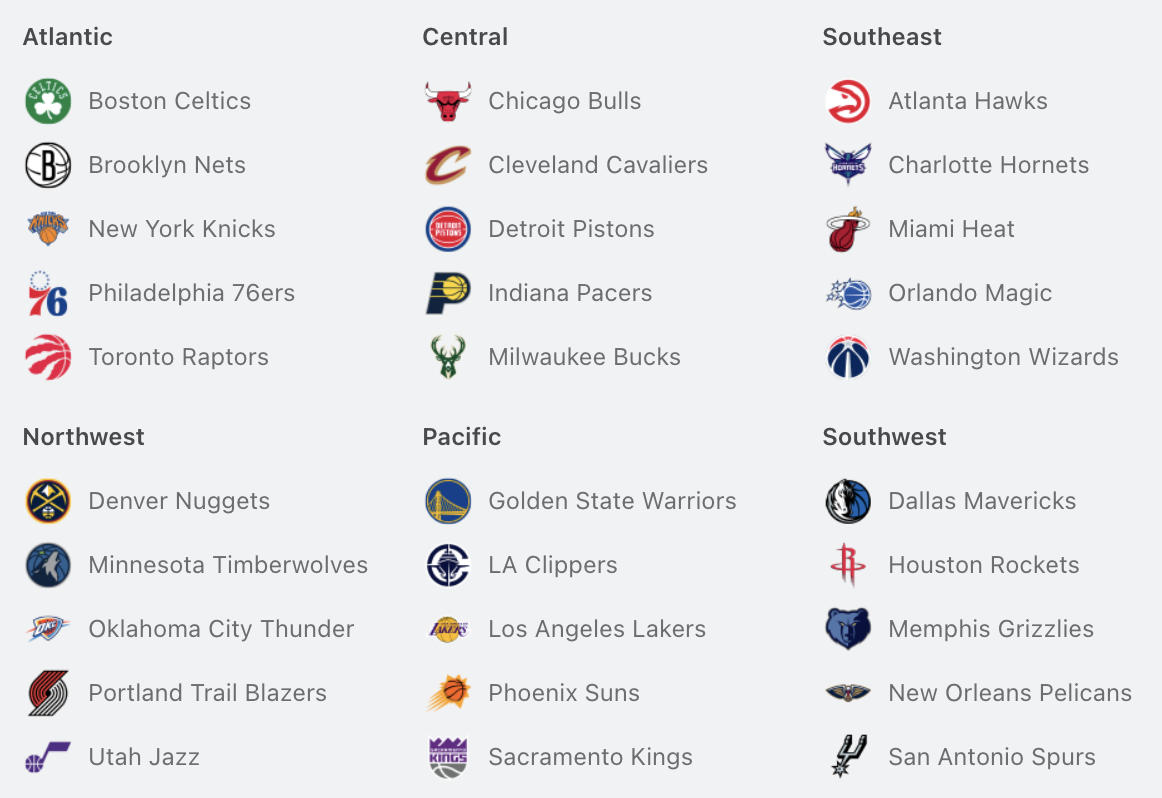By Christopher Machnich
Swine is a word rarely used since the death of Hunter S. Thompson in 2005. However, since April of this year, the word has become increasingly popular as the Swine Flu pandemic rises. Every week there is new information about swine flu, and in the past few months it has come to light that the swine flu isn’t as dangerous as it was originally thought to be.
The initial outbreak in this country created upset. There were so many unanswered questions regarding the virus that people began to panic. The popular media saw it as a way to sell more stories and the conspiracy theorists instantly decided the government was behind it. Indeed, everybody found a way to blow this virus way out of proportion.
The outbreak of H1N1 shed the light on a disturbing trend in this country. We have quickly become a country that forms its beliefs on speculation and loose facts. The initial limited information on swine flu left the ill-informed and the story tellers to fill in the blanks, and what ensued can easily be describe as a huge over-reaction.
Having said that, it is more likely people will get some form of the flu this year, more than any other year, and traditionally there is a spike in flu cases following Thanksgiving. All over the country people are scrambling to prevent the flu and to stay healthy. Public institutions are trying to find any edge to keep its inhabitants healthy, and what are they doing?
Central Connecticut State University gave a relatively promising suggestion for fighting the spread of swine flu.
When asked the question, “What are they doing to prevent swine flu?” Many would answer with, “hand sanitizers” like it was the most reliable way to prevent flu. Now, I’m no doctor, but I know that there has to be more ways to prevent the flu than just hand sanitizers. “Hand sanitizers” have seem to become safe words for public officials. It makes everybody think that they are doing their part to stop swine flu.
Jean Alicandro, Director of Residence Life, was able to offer a few other ways CCSU is trying to curb the swine flu, and not once were hand sanitizers mentioned.
Alicandro mentioned the extra cleaning that was being done by the custodial staff of CCSU. Extra cleaning goes a long way, as the H1N1 virus can last on hard surfaces for up to eight hours. Typically the dorms are cleaned every 24 hours on weekdays, and there is no way to tell how many people would come in contact with a surface that has been contaminated in those eight hours. CCSU has also offered a number of resources for its students, including its second vaccination clinic, further trying to prevent the on-campus cases of the flu.
Now that we’ve come to realize that swine flu isn’t the mass killer we were all lead to believe it was and everybody has calmed down, we’ve come to a different realization. The flu is no fun, and even though it might not be deadly, it is still not pleasant to come down with. In a world where hand sanitizer is the answer to everything, it is very refreshing to see CCSU truly thinking about its students and staff, and doing more than just posting sanitizers in every hall way.



Sheena West • Jan 18, 2010 at 11:07 am
during the height of the H1N1 or Swine Flu epidemic, i was very afraid to get infected with this disease and i wore face mask whenever i got into heavily populated areas.
admin • Nov 30, 2009 at 11:32 am
Liz – if you get a chance to look at this before the meeting tonight, can you edit it for style, mainly? The content isn’t too bad, but the conversational tone is just way too much. Also, don’t be afraid to cut.